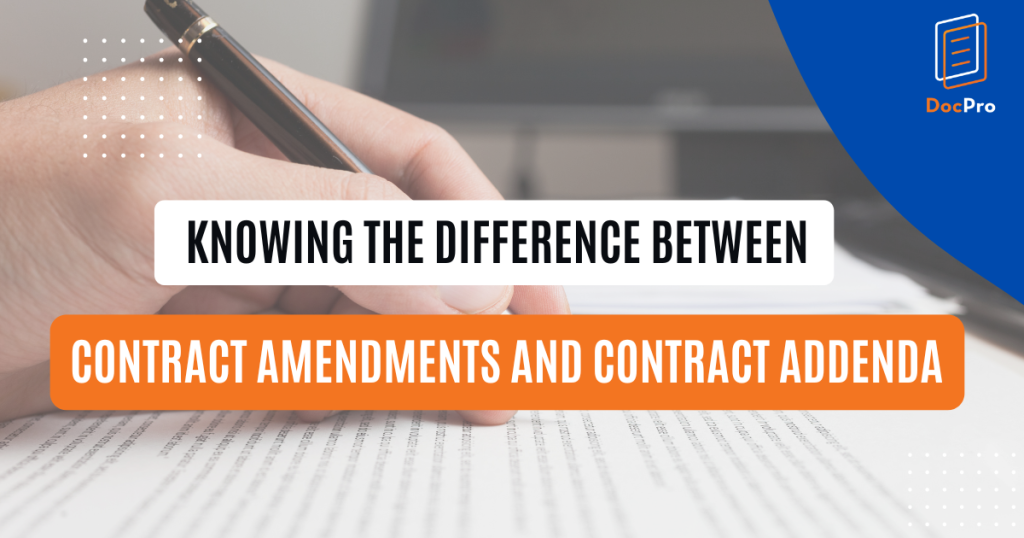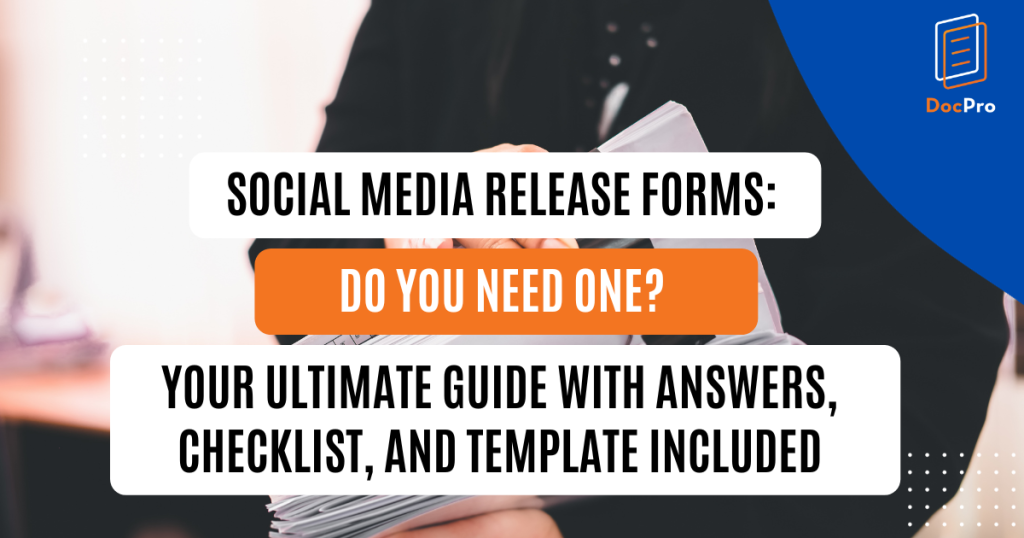Terms and Conditions


The information below highlights importance and purpose of standard terms and conditions for goods and services. It provides guidance on business contracts including differenty types of terms and conditions, deemed acceptance and unfair contract terms.
For online terms and conditions for website, subscription agreements and other legal documents relating to a website or a mobile application, please refer to the information under the section "Intellectual Property / Information Technology".
The standard Terms and Conditions For Business apply for the sale or purchase of physical goods to provide a framework for individual sale and purchase transactions. These are usually Terms and Conditions of Sales but occasionally Buyers may also have their own Terms and Conditions of Purchase.
The Terms and Conditions stipulate how the transactions will be dealt with, without the time and cost involved in drawing up conditions for each individual transaction. By entering into the transaction, the counterparty is deemed to have accepted these Terms and Conditions without signing them (so long as these “Terms and Conditions” have been provided to the counterparty upfront).
In the case where a separate Sale Agreement is signed and there is a conflict, the Agreement should stipulate that “the provisions of this Agreement shall prevail if there is any conflict between this Agreement and the Company's terms of sale”.
Similarly, if both parties have terms and conditions which are in conflict, one could include the following terms and conditions example: “Any terms appearing on the [Buyer/Seller]'s [purchase/sale] orders, or any other documents issued by the [Buyer/Seller], shall be wholly inapplicable to the sale of Products, and the terms of this Agreement shall prevail.”
In certain jurisdictions, it is illegal to include consumer transaction exclusion clauses or to make statements as to the consumer's rights without also notifying him that his statutory rights are unaffected. This not only renders these clauses void but may also be a criminal offence. Please check with local legal counsel on this issue.
Terms and Conditions for Service are a set of rules and statements that potential users of the service must follow and agree to if they want to use the service.
Setting terms and conditions is an important aspect of business whenever services are provided to other people or organizations.
In order to draft good terms and conditions, one must consider the nature of its business, understand what types of terms are useful and will apply to the situation, where they should be placed, and how they will be accessed.
The main advantages of applying Terms and Conditions to goods and services are:
It is best if potential customers are asked to accept terms and conditions, prior to the sale and purchase of goods or use of the service.
However, case laws have found that a binding and enforceable contract subsisted between parties to terms and conditions sent by one party to another, on the basis that the parties had, by their conduct, acceded to its terms, even though the terms and conditions provided have not been explicitly accepted or signed by the parties.
So long as the terms and conditions applied have been sent to the other party, it is possible to activate an incomplete contract by conduct through proceeding with the transaction or the use of service by the party. Resulting in that party finding itself being bound by promises which it had assumed it did not agree to.
Terms and Conditions are contractual and are legally binding. There is no exemption for not bothering to read the terms and conditions because they are too long, one-sided or too legalistic.
Even though the standard terms and conditions for most companies are set out in a standard, print-out form document, they may still be negotiable by the parties.
There may be local Unfair Contract Terms law that prohibits the exclusion of negligence liability for personal injury by businesses, otherwise online terms and conditions would generally be enforceable.
Online Terms and Conditions are usually not negotiated. They are deemed to have been accepted by the user upon transacting/using the service. Members are often confused about which terms and conditions template to use. The following table is a quick reference guide for terms and conditions for online business:
|
Documents |
When to Use |
|
Terms and Conditions of Professional Service |
Standard terms and conditions for professional services. This is applicable to professional services firms such as lawyers; accountants; surveyors etc. |
|
Terms and Conditions for Purchase of Goods |
Standard terms and conditions for the purchase of goods provide a framework for individual sale and purchase transactions. This is for the purchaser, distributor or retailer. |
|
Terms and Conditions for Sale of Goods |
Standard terms and conditions for the sale or purchase of goods provide a framework for individual sale and purchase transactions. |

7 Nov 2024
7 min read

26 Jun 2024
5 min read

19 Feb 2024
3 min read

29 Jan 2024
5 min read

25 Aug 2023
6 min read

21 Feb 2023
5 min read

27 Jan 2023
5 min read

6 Jul 2022
6 min read

10 Jun 2022
4 min read

9 May 2022
6 min read

13 Jul 2021
5 min read

21 May 2021
5 min read

15 Jan 2021
6 min read







Not the right document?
Don’t worry, we have thousands of documents for you to choose from: